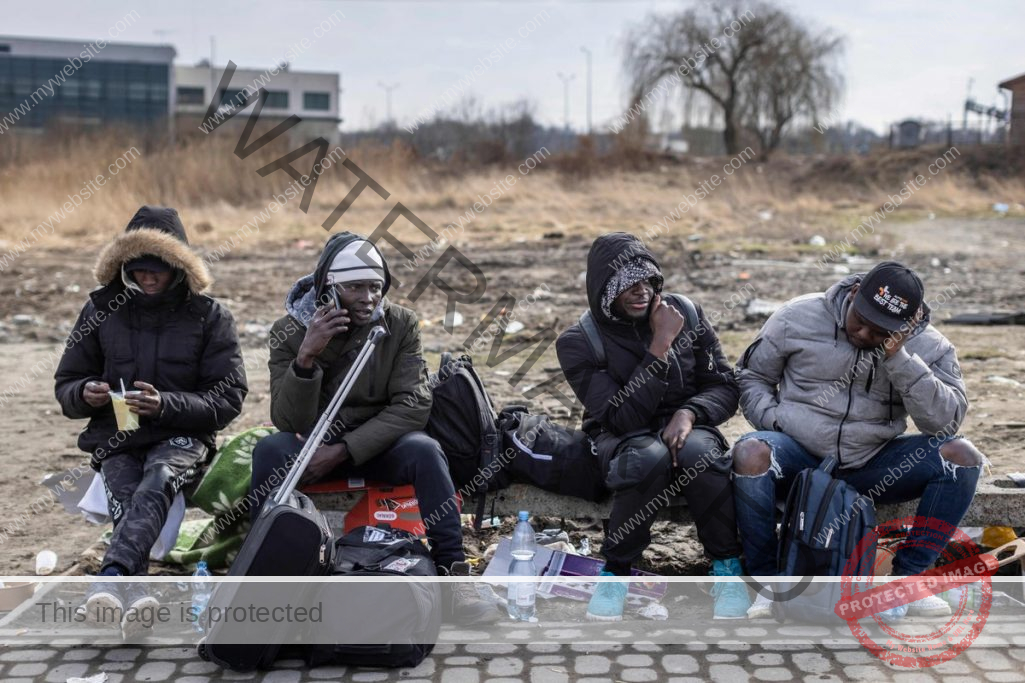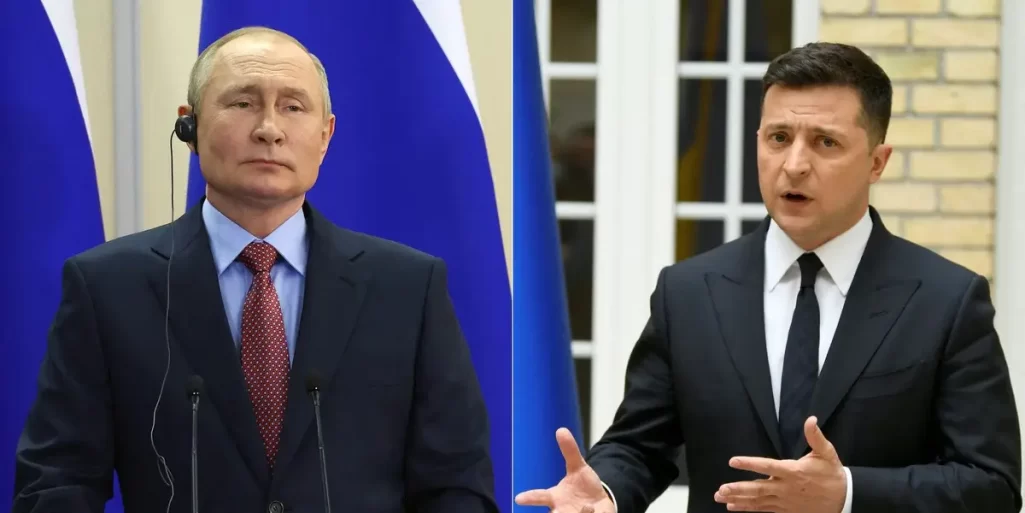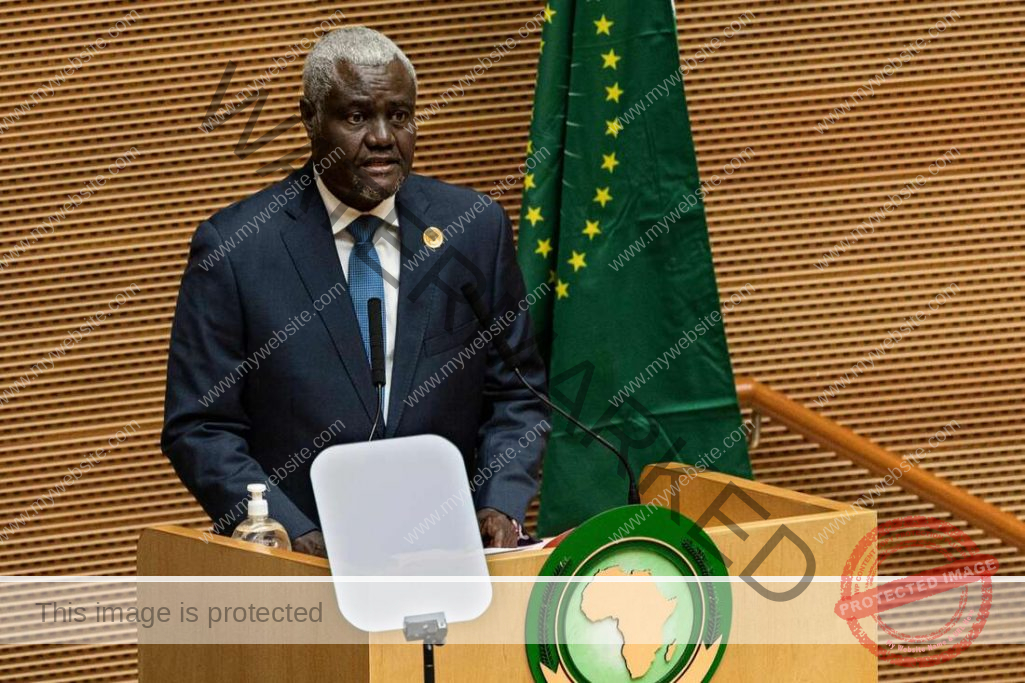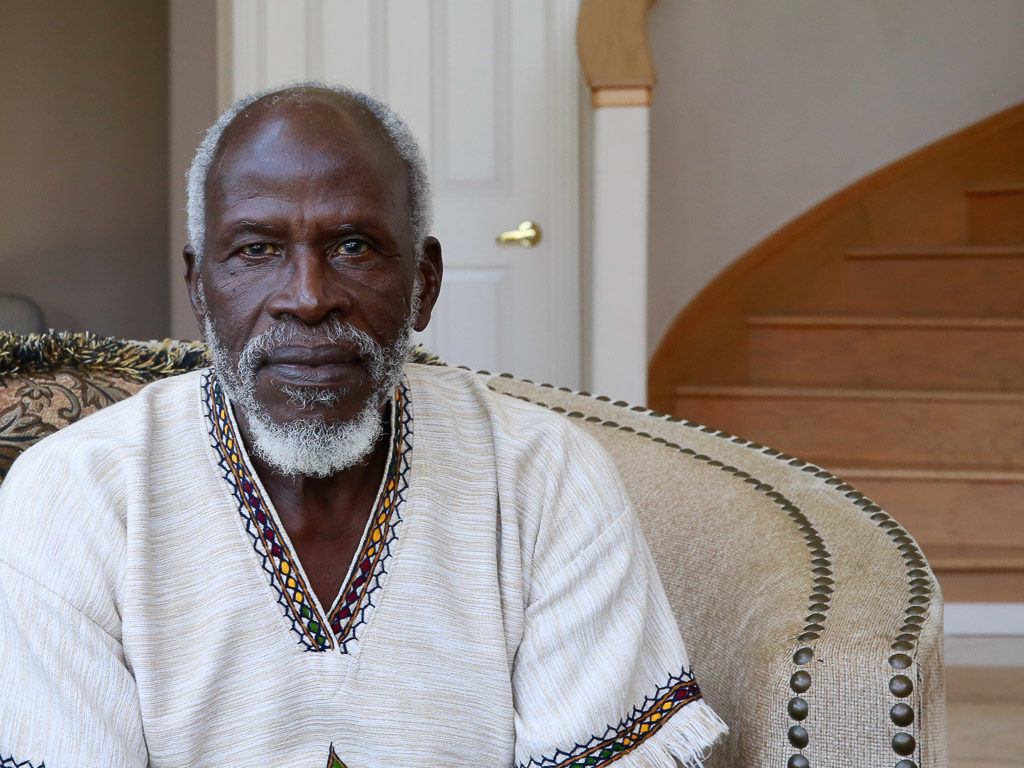Ukraine Crisis: Racism, Neo Nazis, and African Government Response


The Ukraine war started on 24 February 2022 when the Russian military invaded Ukraine. After just 20 days of the war, hundreds and thousands of people have lost their lives and about 3 million Ukrainian citizens have fled the country for safety. This is the highest refugee migration in Europe since the 1990s. Unfortunately, numbers are still increasing.
READ ALSO: 10 best African presidents in Africa
But what caused this war?
President Vladimir Putin started his reason for the invasion of Ukraine on 21 February 2022In his statement, he categorically said that the expansion of the North American Treaty Organization toward the West threatens the national security of Russia. He explained that he was not only saddened by the moves made by NATO in Ukraine but also the anti-Russian policies enacted and implemented in the same country which was formerly part of the Russian empire.
Though he maintained that he does not doubt the sovereignty of Ukraine as a nation, he would not fold his hands as the security threats of Russia are planned in Ukraine.
The Ukrainian side of the story
On 25 February 2022, after the first attack on Kyiv, the president of Ukraine, Volodymyr Zelenskyy said that all that Ukraine wants is peace. He further praised his compatriots who resisted the Russian invasion and stated that he would always be in Kyiv to defend his country.
In another video, he told Russians that his country does not support the neo-Nazi movement or even suppress Russians who are part of Ukraine.
READ ALSO: 20 cool hairstyles for African American girls
Behind the scene of the war
Though the war started when Russian soldiers entered the Ukrainian territory through northeastern borders, tensions between the two countries started long after the fall of the Soviet Union.
With the independence of Ukraine in 1991, 67.5 percent of the nation speak Ukrainian while just 29.6 are native Russian speakers. Most of these Russian speakers live along the northern region of the Russo-Ukrainian borders. For some reason, they complained of marginalization and sought independence.

More tension
READ ALSO: Racism at Ukraine Polish border may change people’s idea about war
With growing tension, Russia stepped in and annexed Crimea from Ukraine in 2014. This did not only fuel the tension, it also gave other agitators more reasons to fight more. Subsequently, the people of Donetsk and Luhansk moved on to declare their independence. Since they are mostly Russian-speaking, Russia supported these separatists. To invalidate their supposed independence, Ukraine sent troops to the regions.
Since Russia supported the separatists, the Ukrainian government felt the need to beckon another country for support. This is where NATO came into play. Meanwhile, Russia feels that the introduction of NATO forces threatens her national security. Therefore, President Putin declared war on Ukraine.
Ukrainian war and African racism
In wars, lives and properties are destroyed. Consequently, people would normally run for their dear lives. When Russian soldiers attacked Kyiv, Kharkiv, and Kherson simultaneously, the survivors fled the cities. Most of them trekked long distances to either board a train or find alternate means of safety. Incidentally, African immigrants were among these refugees.
READ ALSO: 4 reasons why Africans should consume more local foods
Like everyone, these humans who happened to bear black-colored skin suffer threat by the invasion and sought to find a haven. Unfortunately, the media are showing that they are not treated like their white counterparts.
At first, reports stated that Ukrainian officials would evacuate women and children before others. But the actions spoke differently as they only attended to whites.
These Africans who are mostly from Nigeria, Kenya, and Morocco had to trek miles for some days without food.
In another video, Ukrainian officials did not allow black and brown-colored refugees into the train.
READ ALSO: Nigeria energy sector gets 10 million pound boost from the UK
To worsen the case, an African who managed to get into the Ukrainian police station was asked to leave even though mobs were waiting to lynch him.
The story could not have been in existence if the African government did its work. At the onset of the war, most African governments claimed to have evacuated their citizens but videos are going viral that some Nigerians are still in the middle of the tension.
The reaction of the public
Black women for black lives rallied around to get $250,000 for the safe evacuation of Black refugees.
There are also comments indicating that Ukraine is always racist. An interviewee of Terrell Starr said this clearly. Though born to Ukrainian and Angolan parents, she is a full Ukrainian citizen with a passport. But she said,
”Although I have a Ukrainian passport that shows that I’m Ukrainian, I need a social visa”.
READ ALSO: See Kipchoge and other Africans who made history in Tokyo Olympics
There could be reasons behind racism in Ukraine. It could be due to the huge diversity of ethnic groups and religious affiliation of citizens. Putin shared the same opinion when he said that he invaded due to their neo-Nazism.
Whether his reason is profound or not, there is another important question to ask, what are African leaders doing to combat racism?
Response from African Government.
According to one of the Nigerian refugees, she wrote,
“One of the officers came and told us it’s harder for us foreigners because they have to get in touch with our government in different countries..”
On the other side of the story, the Nigerian government has condemned the racism in Ukraine experienced by its citizens.
Furthermore, the chairperson of the Assembly of Heads of State and Government of the African Union and Senegal’s president, Macky Sall, issued a joint statement with the chairperson of the African Union Commission, Moussa Faki Mahamat, in which they both confessed to being “particularly disturbed by reports that African citizens on the Ukrainian side of the border are being refused the access to safety. Faki Mahamat further tweeted the need for peace.

READ ALSO: African’s first Metaverse is now live. What is in for MTN and others
The question should be if African nations should have taken care of their diaspora citizens. Maybe making a public statement in condemnation of the Ukrainian war is not enough.
Whatever the situation, Chidi wrote
“Since African governments have decided not to endow their people with love, the rest of the world has chosen that Africans will not get the benefit of international law.”
Article 3 of the 1951 United Nations Refugee Convention states that there should be guaranteed access to the humanitarian facility of refugee protection “without discrimination as to race, religion or country of origin.”
After the invasion of the Russian military, the United Nations called for voting to decide on Russian sanctions. Out of 35 absentee countries at the voting in United Nations, 17 are African. Most African countries do not want to involve themselves in the war. This calls to mind the rhetoric of Nelson Mandela, “One of the mistakes which some political analysts make is to think their enemies should be our enemies”. This is clearer when the South African president told his legislators,
“Our position is very clear … There are those who are insisting that we should take a very adversarial stance and position against, say Russia. And the approach that we have chosen to take … is we are insisting that there should be dialogue.”
Conclusion
Sadly, in times of war when we expect people to come together, we still act like some lives are more valuable than others. What do you think needs to change for black people to finally turn a leaf on racism?
Share your thoughts in the comments section below.







Nice piece… Quite understanding to a layman..